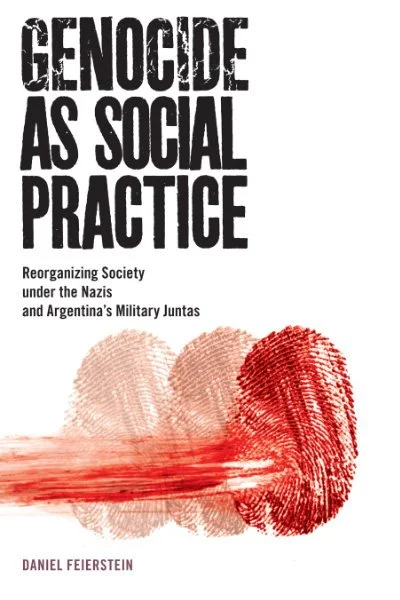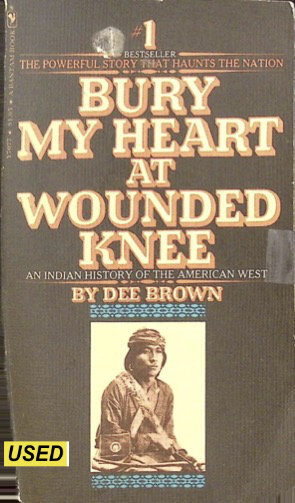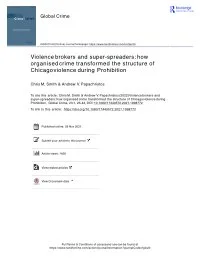By Ian Braybrook
Ian Braybrook was a radio broadcaster in Central Victoria for many years. His childhood and early teen years are far removed from the "glamour" of that job.
Ian's family was desperately poor and the early death of his father had a far-reaching effect on his life. By the age of thirteen, when he got his fi rst job, he had lived in twenty homes and changed schools ten times.
His story moves from Daylesford, Trentham and Blackwood districts in the Central Highlands to East Gippsland, South Gippsland, the Western District and the Riverina of NSW. His many jobs included a telegram boy, farm hand, builders and general labourer, storeman, shift worker, fruit picker, shearing shed wool presser and truck driver. Along the way he was homeless, suffered two potentially fatal illnesses, experienced violent abuse and suffered a sexual assault.
Written originally for family, the story proved to be of far wider interest. The adventures and misadventures crammed into the first eighteen years of Ian's life provide an important record of the way life was for some in the depression and post-depression era.
Castlemaine Vic. Marilyn Bennet Publishing. 2018. 286p.






